His mother had many children but she lost quite a number of them, so when he was born, he was named Ogbemudia, which means “this one has come to stay”.
When he wanted to join the army, his mother wept all night long up until the moment she bade him farewell. She didn’t want the child who had “stayed” till adulthood to join the army and never return.
She was worried but he made it out alive and all the way to the top.
He never aspired to become governor yet he did – twice. He never dreamed of getting to the pinnacle of the army yet he became a sterling general.
Advertisement
The life of Samuel Ogbemudia was filled with simple goals yet he always achieved immensely.
TWO-TIME GOVERNOR WHO NEVER LIVED IN GOVERNMENT HOUSE
His simplicity was evident in his decision to serve as Bendel governor from the house he inherited from his mother.
Advertisement
Ogbemudia was never one for the perks of office, rather he cared deeply about good governance and youth empowerment.
When he was appointed governor, he felt the government house was too big and didn’t want his children to “feel frustrated and disappointed that we were coming to a smaller house” after his term in office, so he decided to stay put in his house and operate from there.
“The day of the coup and they gave the governors 24 hours to leave Government House, it didn’t affect me. I just took my brief case and came back home,” he once recalled.
During his second time as governor, this time a civilian, he also chose to lead the affairs of the state from the comfort of his home.
Advertisement
“The only difference was that we had many policemen and soldiers, about 20 or 30 of them, but inside the house, the same cooks, the same stewards; I never accepted any government’s own. They remained in the government house. When visitors came to my house in the evening, they got only what they would get at my private house, not as in government house.”
In all his years as governor, Ogbemudia spent only three nights in the government house.
JOINED THE ARMY BECAUSE OF A ‘STICK-JUGGLER’
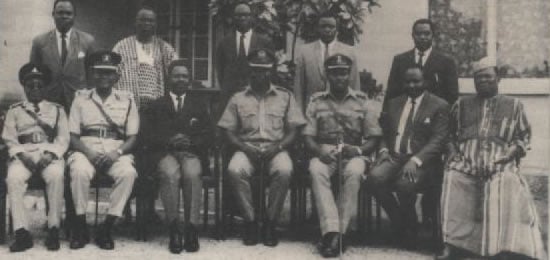
Even his reason for joining the Nigerian army was as simple as they get. He had gone to see the army display at the market square and was fascinated by a soldier who “played an unimaginable trick by juggling his stick”.
Advertisement
Ogbemudia was enthralled and sold.
He applied for and joined the army in 1957 thinking the stick-juggling soldier was the best the army had to offer but upon entry, he realised there was more to the military.
Advertisement
After months of training and general duty service, R.A. Njoku handpicked him to join his platoon and after recognising his potential, he was sent to Teshie, Ghana for training.
Ogbemudia’s ability also stood out in Ghana, from where he was shipped off to the Netheravon and Salisbury Plain, United Kingdom for further training.
Advertisement
He attended the officer cadet school at Aldershot, England in 1960, and was commissioned second lieutenant in 1961.
“When we finished training in the UK, the commandant announced that they have a soldier who had done so well, that if he were an Englishman, he would have asked him to remain here (UK) as a teacher.”
Advertisement
REMARKABLE MILITARY GOVERNOR AND SECOND COMING AS CIVILIAN
In a clime where history is often twisted and given a face-lift, the impact of Ogbemudia can never be twisted.
He may be with his forebears but his achievements remain alive, flourishing and standing tall.
Ogbemudia was appointed military administrator of Bendel in September 1967 by Yakubu Gowon following the liberation of state from the Biafran forces. A month later, he was promoted to Lt. Colonel and appointed military governor of the state.
He dedicated his tenure to rebuilding the ruins of war and the development of sports, infrastructure, education, public transportation, housing and commerce.
Ogbemudia built the Ogbe sports stadium, now known as Samuel Ogbemudia Stadium, commissioned the three-story National Museum in Benin City, established Bendel Steel Structures, Bendel Pharmaceuticals, the University of Benin, among many others.
In July 1975, when Murtala Mohammed became head of state, he retired and dismissed the twelve military governors who had served under Gowon.
Although Ogbemudia was tried alongside the military governors for abuse of office and corruption, he was acquitted.
Shortly thereafter, Mohammed was assassinated and Olusegun Obasanjo ensured Nigerian returned to civil rule.
Ogbemudia, in a bid to “finish the unfinished job”, ran for office against an incumbent and was elected governor of Bendel state in October 1983 under the National Party of Nigeria, replacing Ambrose Alli of the Unity Party of Nigeria.
In December of that same year, he ceased to be governor when Muhammadu Buhari became military ruler after a coup d’etat overthrew civilian President Shehu Shagari.
IMMORTALISED TWICE BY OSHIOMHOLE
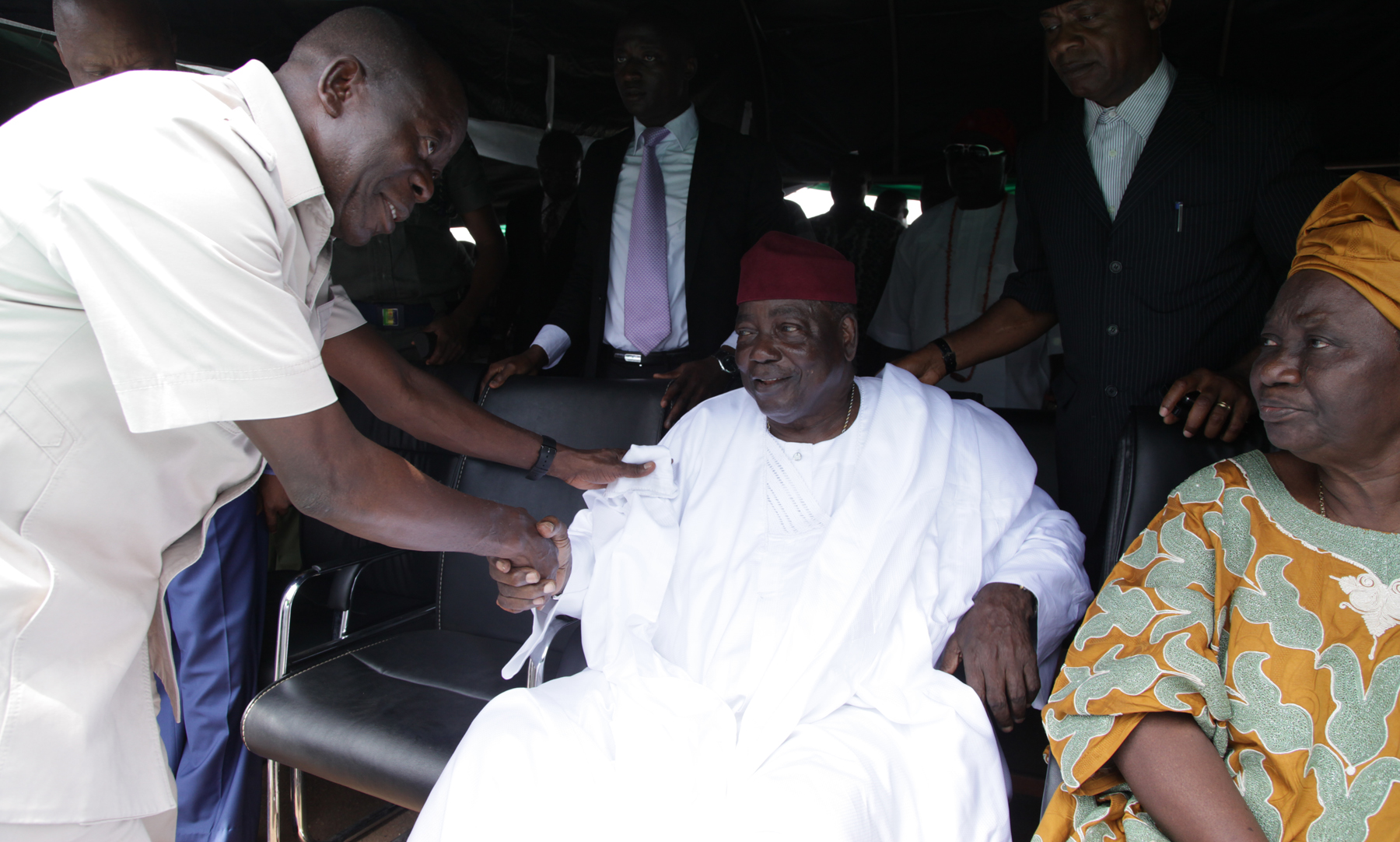
Ogbemudia was a giant among men and only equal to a few. Several leaders are immortalised long after their demise while some opt to immortalise themselves while in office.
He never sought it but got it – as was the case with most events in his life.
He was twice immortalised by former Edo governor, Adams Oshiomhole, who apparently drew inspiration from his works and life.
After building a statue in his honour at the Samuel Ogbemudia Stadium, Benin in 2014, the ex-governor doubled the honour in 2016.
He renamed the rebuilt New Era College as the Samuel Ogbemudia College, Benin, Edo State.
Ogbemudia had built the college during his term as governor.
“You came, you saw and you conquered and Edo people are proud,” Oshiomhole had said on the occasion of his 84th birthday.
EX-PDP CHIEFTAIN WHO ADORED OSHIOMHOLE, CAMPAIGNED FOR OBASEKI
Ogbemudia never hid his admiration for Oshiomhole, even before he withdrew his membership of the Peoples Democratic Party (PDP) in January 2016.
The remarkable elder statesman saw in Oshiomhole a man who was committed to solving the problems of his people, hence he “alerted” him to run for office after leaving the Nigeria Labour Congress (NLC).
The former labour leader acquiesced and would go on to lead the state for eight years.
Shortly before he was due to leave office as governor, Ogbemudia said he will always defend Oshiomhole because he had done creditably well.
“Adams Oshiomole has performed extremely well and that is why I decided to defend him, and that is why I give him all my support and that is why whatever he does, I look at it against the background of the difficulties which myself passed through. So from the point of view of development, he has done the best he could.”
The love, respect and support enjoyed by Oshiomhole was inherited by Godwin Obaseki, the successor to the former labour leader.
Ogbemudia admitted that Osagie Ize-Iyamu, the opponent of Obaseki in the 2016 governorship election, was close to him but he, however, chose to pitch his tent with Obaseki.
Before the Edo governorship election, he expressed his conviction that Obaseki “knew where the pendulum was swinging, knew where he was going because his objectives were very clear”.
The APC governorship candidate went on to win the election.
WHY HE NEVER PENNED A MEMOIR
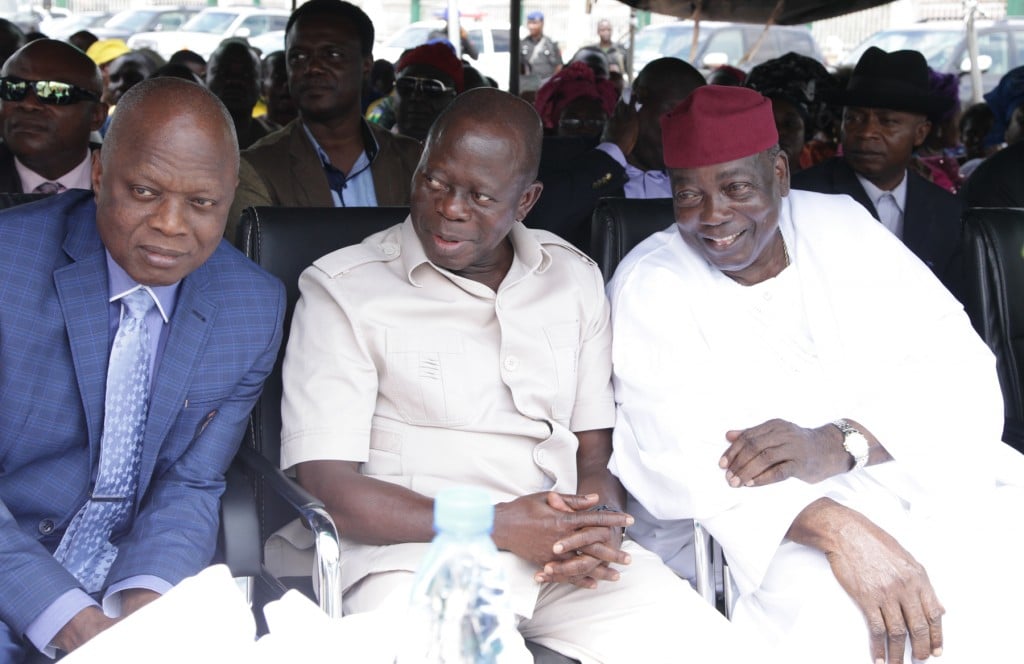
Unlike many of his peers in the army who chose to put pen to paper about their experience(s) while serving their fatherland, Ogbemudia kept his memories locked up.
The late octogenarian said his memories were too painful to be unearthed and commercialised for public consumption.
“I have read so many of them. Some are merely exaggerated, others written from other people’s views and some are factual. The police said, what a man sees with his eyes is evidence. The man who saw, who took part and he stated what he saw and did, that I believe,” he had said in an interview.
“If you ask me why I haven’t written mine, I will tell you there are many things worrying me, and I don’t want to remember them.
“For example, at one stage, here in my compound, we had more than 500 people from the East who were being protected. I know their names, I know their addresses, but I don’t want to talk about them because it hurts.”
HE FELT PITY FOR JONATHAN
Samuel Ogbemudia Jnr, his son, once disclosed that his father, a founding member of the PDP, felt betrayed by former President Goodluck Jonathan yet felt pity for him.
He said his father was instrumental to Jonathan’s naming as acting president but was later pushed aside by a “particular group of people who “formed a cage or fence around the former president”.
“I think he feels pity that the former president was not able to achieve his dreams. Also, he felt it was due to a lack of experience of the environment and the kind of people that forced themselves on the former president; the ones that decided what he should wear, who he should see or talk to,” he had said.
1 comments
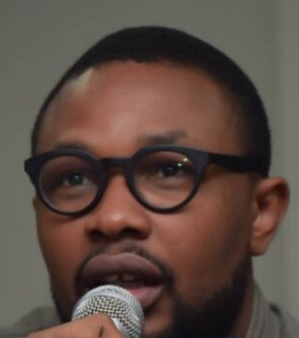
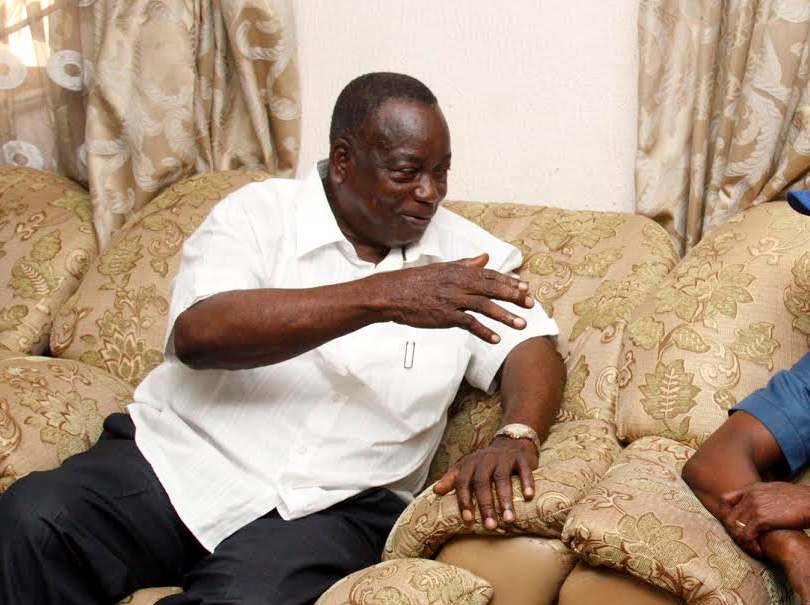
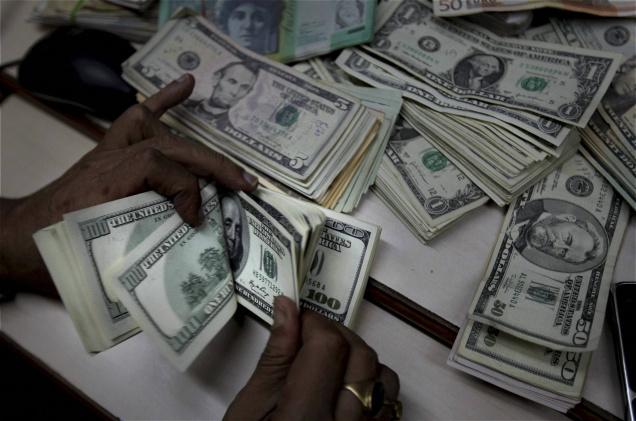
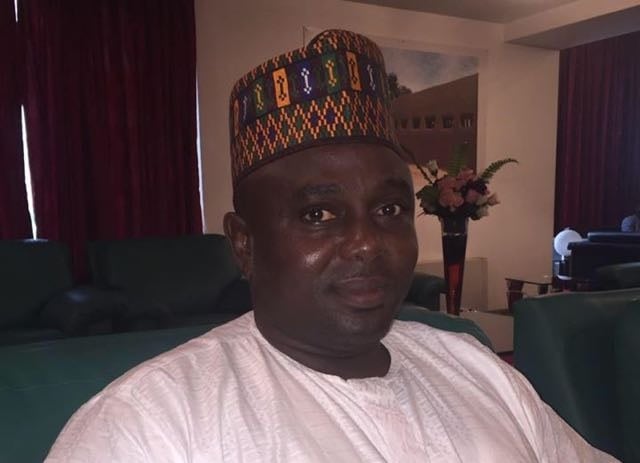



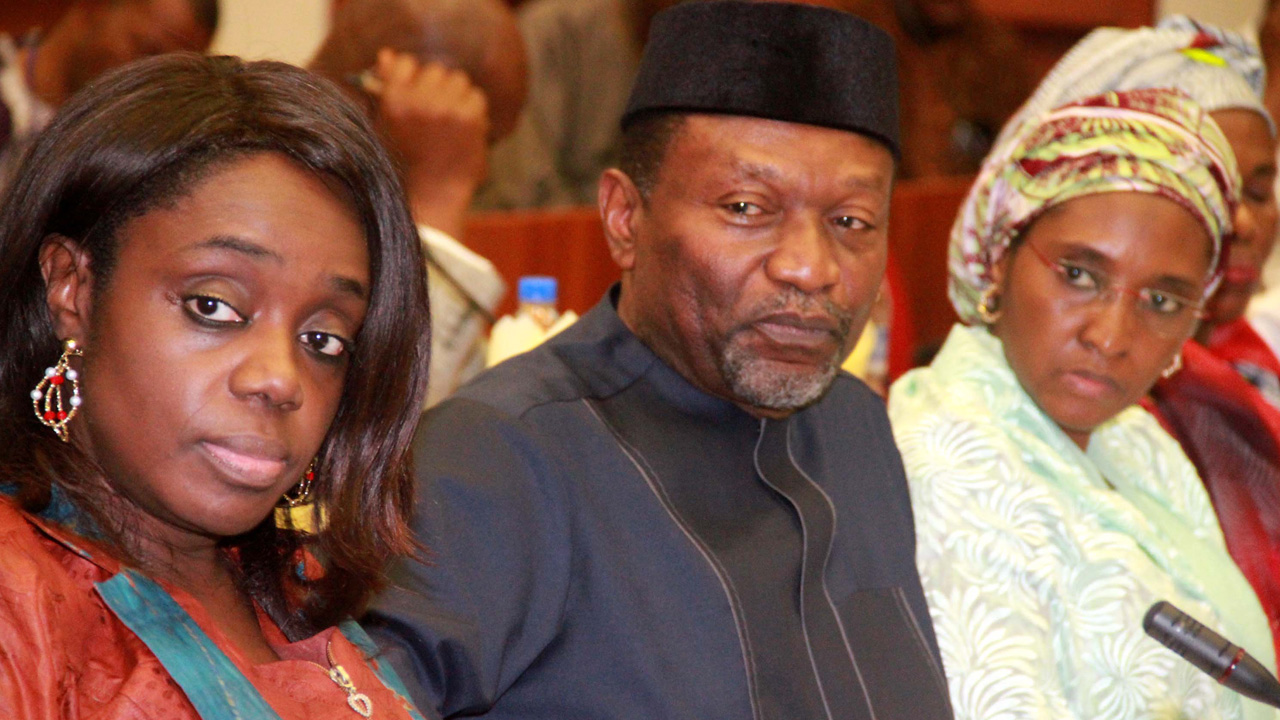
Enlightening! Thank you. We need more humble spirits like this.